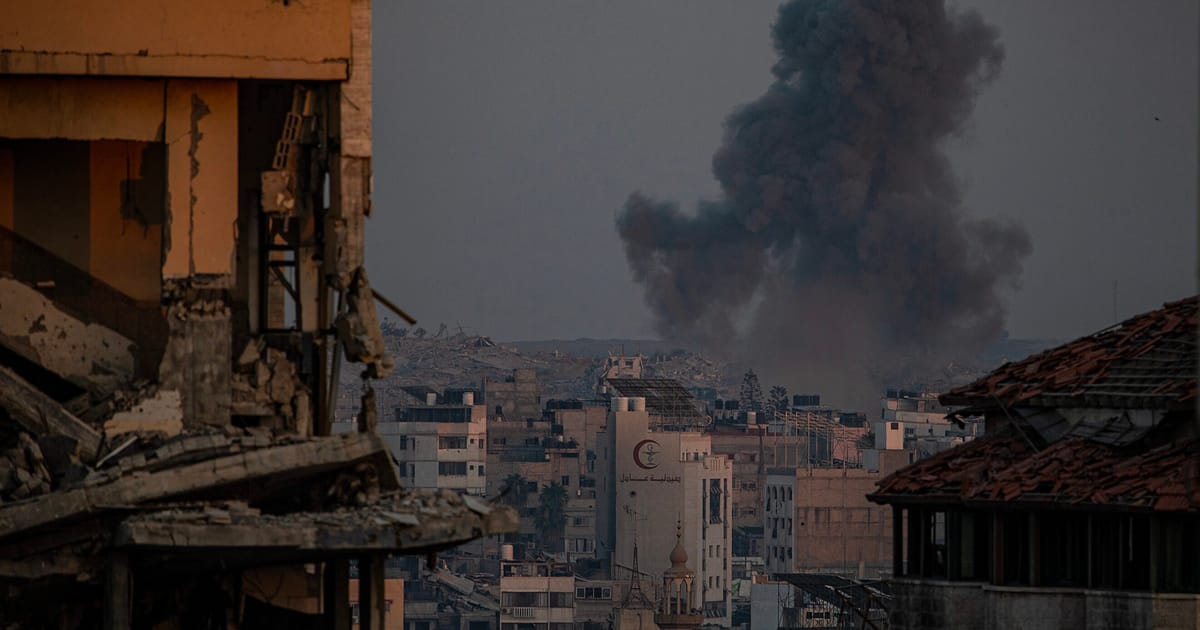

In a series of diplomatic movements across the globe, hopes for peaceful resolutions and renewed relations are emerging. As global leaders engage in talks to resolve longstanding conflicts, there are promising developments in both the Middle East and between world powers. This news piece will explore these initiatives with a focus on the enduring aspirations for peace and cooperation.
In the Middle East, a significant step towards peace is unfolding. Hamas has expressed its willingness to engage in ceasefire talks with Israel, responding positively to a U.S.-proposed agreement. Both parties are looking forward to a potential truce, with U.S. President Donald Trump mediating these crucial discussions. His proposed 60-day ceasefire aims to de-escalate the nearly two-year conflict between the two sides. Hamas has indicated that while they are keen on entering negotiations, their participation hinges on assurances for a long-term resolution and the release of hostages. This development comes as Israeli Prime Minister Benjamin Netanyahu is scheduled to discuss these matters further during an upcoming visit to Washington.
The peace effort in Gaza is a delicate balancing act requiring diplomatic finesse and sustained commitment from all involved parties. The possibility of ending hostilities offers a glimmer of hope for the many affected by the ongoing strife, suggesting that dialogue may foster a more stable and secure future for the region. With international support and careful negotiation, these talks could pave the way for a meaningful end to conflict, providing an avenue for healing and rebuilding.
Meanwhile, in another part of the world, bridges between nations are being built anew. The United Kingdom has announced a re-establishment of diplomatic ties with Syria, marking a significant shift after years of estrangement caused by Syria’s prolonged civil war. British Foreign Secretary David Lammy, during his visit to Damascus, affirmed the UK’s commitment to supporting Syria’s new government and contributing to the nation’s progress towards stability and prosperity. Lammy’s statement emphasizes the UK’s strategic interest in fostering a stable environment in Syria, displaying a willingness to engage constructively with the Syrian government. This step signifies a renewed hope for the Syrian people, aiming to rebuild diplomatic channels that could benefit both nations.
The moves by Britain highlight an important moment in international diplomacy, where dialogue and cooperation are prioritized over past conflicts. Re-establishing relations is more than a symbolic gesture; it is a practical attempt at encouraging political stability and development in a post-war Syria. As this relationship is fostered, a ripple effect might influence broader regional dynamics, potentially encouraging other nations to consider similar diplomatic reintegration.
In a related development, former U.S. President Donald Trump has taken the initiative to communicate with Ukrainian President Volodymyr Zelenskyy following a recent disappointing call with Russian President Vladimir Putin. Zelenskyy described his conversation with Trump as positive, indicating a sense of reassurance as international support remains steadfast amid Ukraine’s complex geopolitical challenges. Although these discussions are separate from the immediate ceasefire talks involving Israel and Hamas or the UK-Syria diplomatic restoration, they are part of a broader tapestry of dialogue-focused foreign policy, where building constructive international relationships is a mutual goal.
These evolving threads of negotiation and renewed dialogues illustrate a growing trend of seeking peaceful solutions and building robust, positive diplomatic relationships. While challenges remain, the focus on conversation and understanding is a vital step in addressing complex global issues. The world watches these developments with cautious optimism, hopeful that sustainable and peaceful resolutions can be achieved through mindful diplomacy and collective effort. As nations choose engagement over division, the promise of a more interconnected and harmonious future comes closer to reality.
Source: {link}
